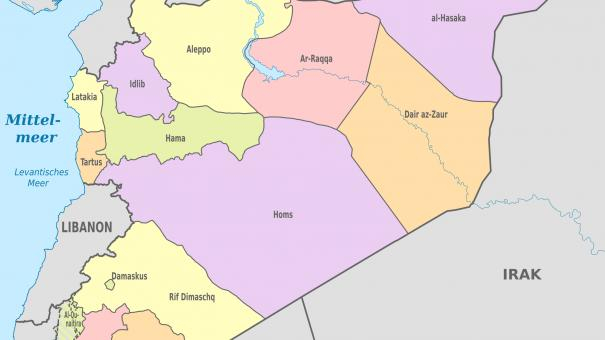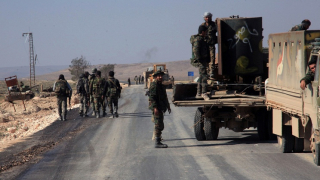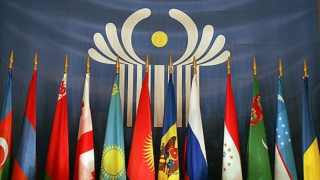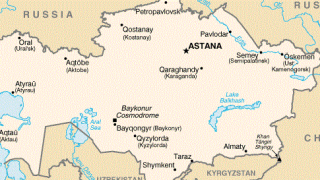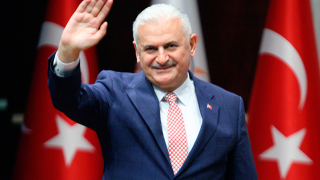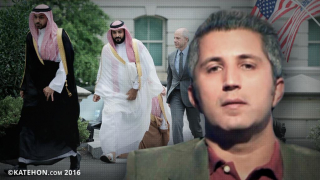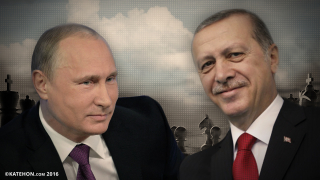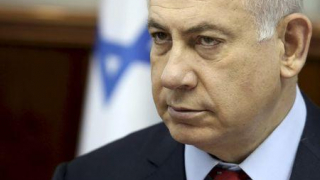Uncomfortable Idlib: Will Russia and Turkey Be Able to Deal with the Syrian Conflicts?
Ankara has declared two days ago that Russia and Iran must stop the entry of Syrian troops into Idlib. According to the Turkish minister for foreign affairs, Mevlüt Çavuşoğlu, president Bashar Al-Assad’s troops are continuing to enter the border territory.
What is more, Çavuşoğlu said that Turkish troops have begun the deployment of a fourth observation post in the largest region of Idlib, which is now under the control of the Syrian opposition.
The day before, the Turkish Ministry of Foreign Affairs demanded an explanation from the Russian and Iranian ambassadors on this issue. According to Ankara, the Syrian government forces “are disrupting the ceasefire in the Idlib de-escalation zone” and Assad’s army is attacking the ‘moderate opposition’ under the pretext of actions against ‘Djhabhat al-Nusra’ (a terrorist organisation that is banned in Russia).

